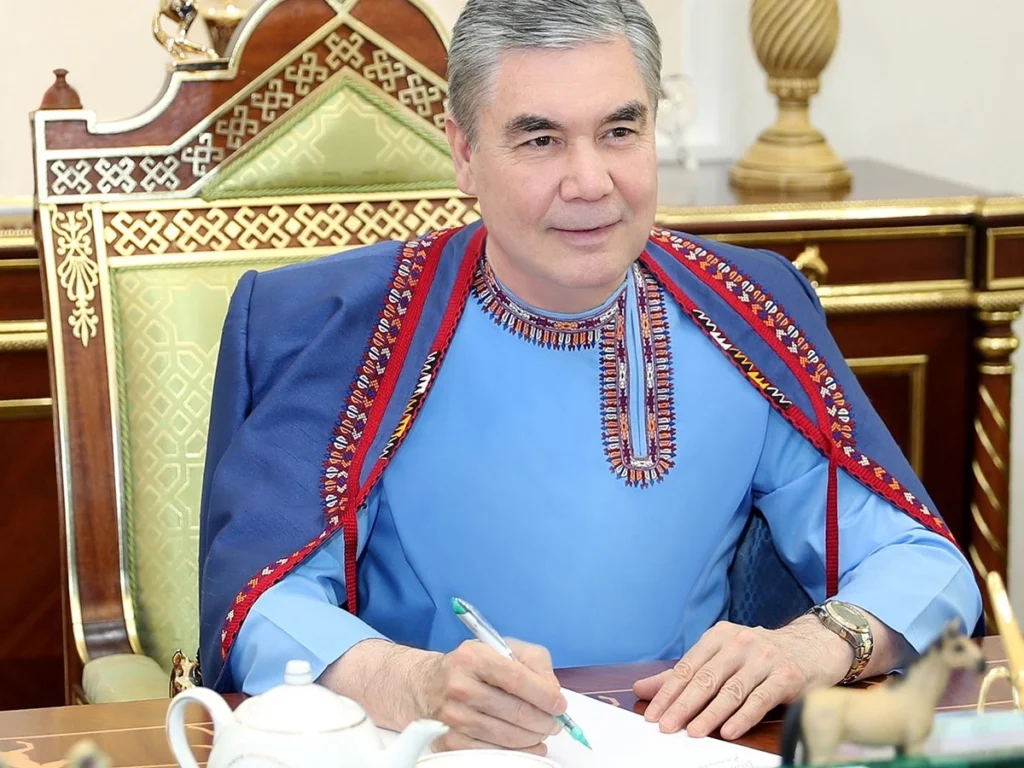And can Central Asia’s poorest countries benefit from their new importance to Russia without suffering secondary sanctions?
In our podcast this week, Alisher Khamidov and Peter Leonard discuss a Kyrgyzstan man held as a slave laborer in Kazakhstan for 32 years. His plight is party the fault of convoluted working regulations in Kazakhstan, where thousands toil without papers, making them vulnerable to abuse and exploitation. This is a problem across the region, yet it rarely makes headlines or draws public indignation.
How are Central Asian states responding to Western sanctions on Russia, and the carrots and sticks offered by the United States and European Union? The West doesn’t have much leverage in the region. But smaller states, like Kyrgyzstan and Tajikistan, which send millions of laborers to Russia, have more leverage than ever before as Russia sends thousands of its own workers to their deaths in Ukraine. Can Central Asia’s poorest corners benefit from their new importance to Russia without incurring secondary sanctions?
Central Asia had a rough winter with widespread power outages. Soviet-era electricity infrastructure is falling apart; it cannot handle demand anymore without investments in modernization. So once again, governments are discussing raising energy prices, which they have long kept far below market levels. Such moves have caused unrest in the past (Kyrgyzstan in 2010 and Kazakhstan in 2022 offer two vivid examples). This struggle to reform energy markets challenges assumptions about the region: that the governments are wholly oblivious to the suffering of their populations. In reality, the debate exposes how leaders perceive their own grips on power to be delicate.
Even in Turkmenistan, the most brutal dictatorship in this unfree region, authorities must be careful not to push people to the breaking point. Now the cult of personality around the supreme leader, former President Gurbanguly Berdymukhamedov, is taking on more momentum. What could that mean for political stability in such a security state?
Source: Eurasianet


